Product Description
Crestor (rosuvastatin) is a highly effective hypolipidemic medication from the statin class, used primarily to manage high cholesterol and triglyceride levels in the blood. By inhibiting HMG-CoA reductase, the enzyme responsible for cholesterol production in the liver, Crestor helps reduce LDL (“bad” cholesterol), increase HDL (“good” cholesterol), and lower triglycerides. This comprehensive lipid-lowering action makes it a widely prescribed therapy for patients at risk of cardiovascular diseases, including those with genetic lipid disorders. Crestor is often part of long-term prevention strategies for heart attack, stroke, and other serious complications related to high cholesterol.
Indication
Crestor is indicated for patients with primary hypercholesterolemia (type IIa) and familial combined hyperlipidemia (type IIb), especially when dietary changes and non-pharmacological measures are insufficient to control lipid levels. It is also approved for individuals with homozygous familial hypercholesterolemia who may require additional support alongside diet and other cholesterol-lowering therapies. Crestor not only improves lipid profiles but also reduces the overall risk of cardiovascular events when used consistently as part of a comprehensive treatment plan.
How to Use Crestor
Crestor is taken orally once daily, with or without food, and the tablet should be swallowed whole with a glass of water—do not crush or chew. Prior to starting treatment, patients should be placed on a cholesterol-lowering diet, which should be maintained throughout therapy. The initial dose is typically 5 mg or 10 mg daily, especially for patients new to statins or switching from another cholesterol medication. Dosage may be adjusted based on the individual’s therapeutic response and target lipid goals, in accordance with current clinical guidelines. In special cases, such as concurrent use with gemfibrozil, fibrates, or niacin, the starting dose should not exceed 5 mg daily due to increased risk of side effects.
Contraindications
Crestor is contraindicated in individuals with hypersensitivity to rosuvastatin or any of its components, active liver disease, or severe renal impairment (creatinine clearance below 30 mL/min). It should not be used during pregnancy, breastfeeding, or in women of childbearing age who are not using effective contraception. Additional contraindications include ongoing treatment with cyclosporine, diagnosed myopathy, or any condition that predisposes to muscle toxicity. Patients under 18 years old should not take Crestor unless specifically prescribed by a specialist.
Side Effects
Most side effects of Crestor are mild and manageable, but some may require medical attention depending on severity and persistence. Nervous system effects may include headache, dizziness, insomnia, paresthesia, or anxiety. Gastrointestinal reactions such as nausea, constipation, abdominal pain, and dyspepsia are also possible. Cardiovascular symptoms may involve angina, palpitations, or elevated blood pressure. Musculoskeletal complaints like myalgia, arthralgia, muscle cramps, or in rare cases, rhabdomyolysis can occur, especially at higher doses. Respiratory side effects may include cough, bronchitis, sinusitis, or shortness of breath. Less commonly, urinary tract infections, proteinuria, anemia, or allergic reactions such as skin rash or angioedema have been reported. Routine lab monitoring, especially liver enzymes and creatine phosphokinase, may be advised to detect any adverse changes early during treatment.
Storage
Crestor should be stored at room temperature, not exceeding 25°C (77°F), in a dry place away from heat, light, and moisture. Keep the medication in its original, light-resistant container and out of reach of children. Do not use expired tablets, and follow your pharmacist’s instructions for safe storage and disposal.

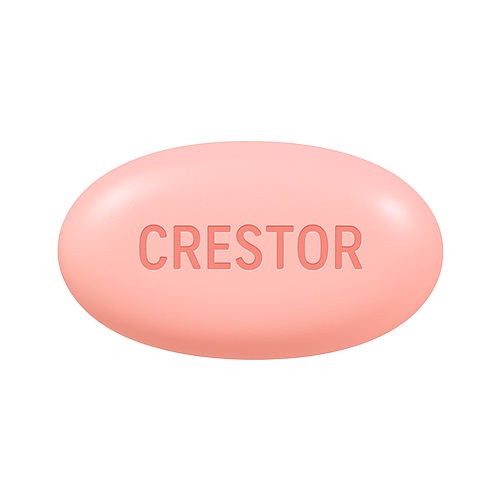

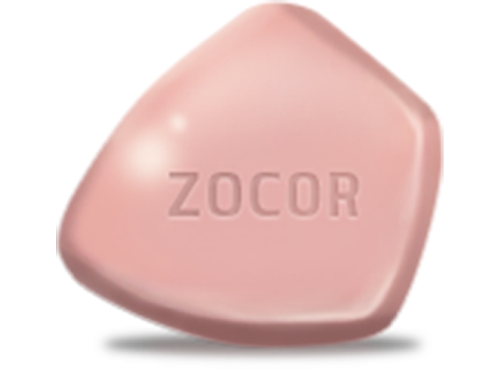
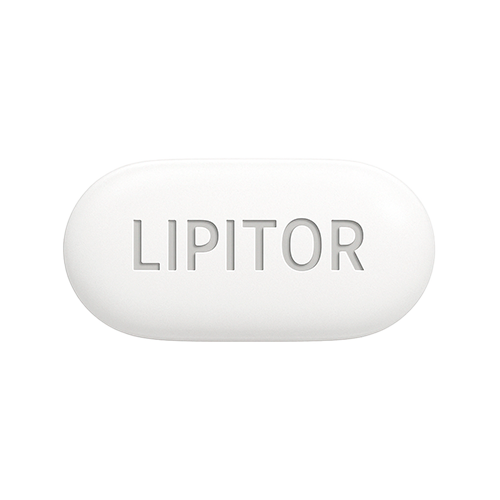
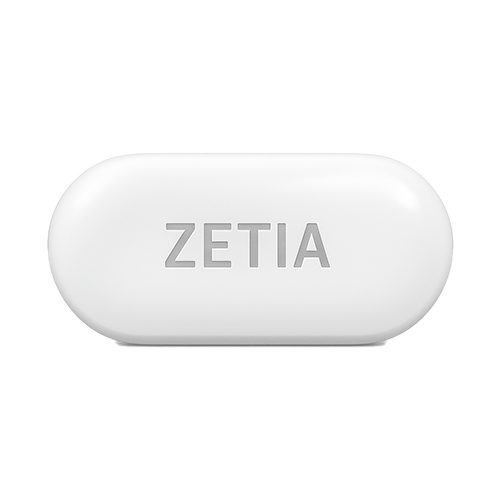

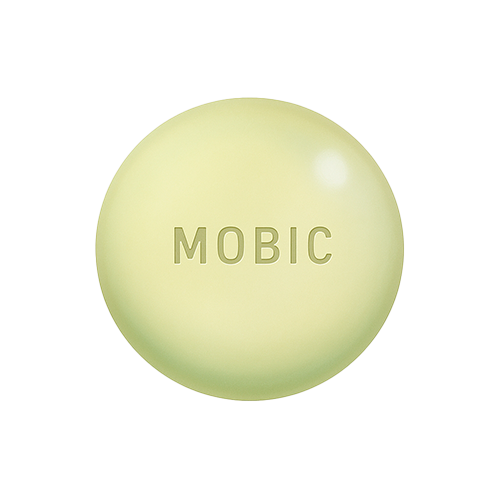
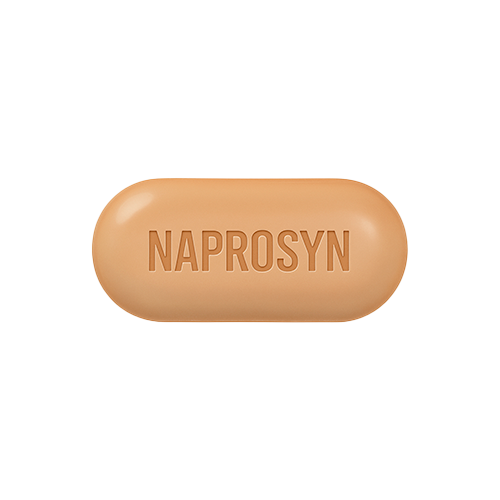
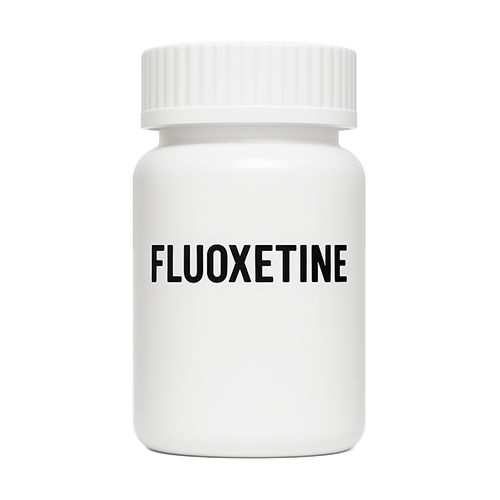
Reviews
There are no reviews yet.